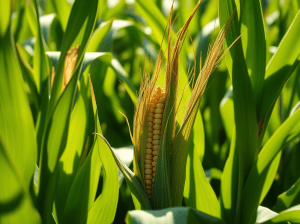10,000 years ago
First Indigenous settlements are formed.
1600-600 BCE
Corn, beans, squash and sunflowers introduced from the south.

1991
Toronto Food Policy Council is created by Toronto City Council
1999
City Council endorses the Community Garden Action Plan, which sets the goal of establishing a community garden in every ward of the city.
Founding of Toronto Community Garden Network.